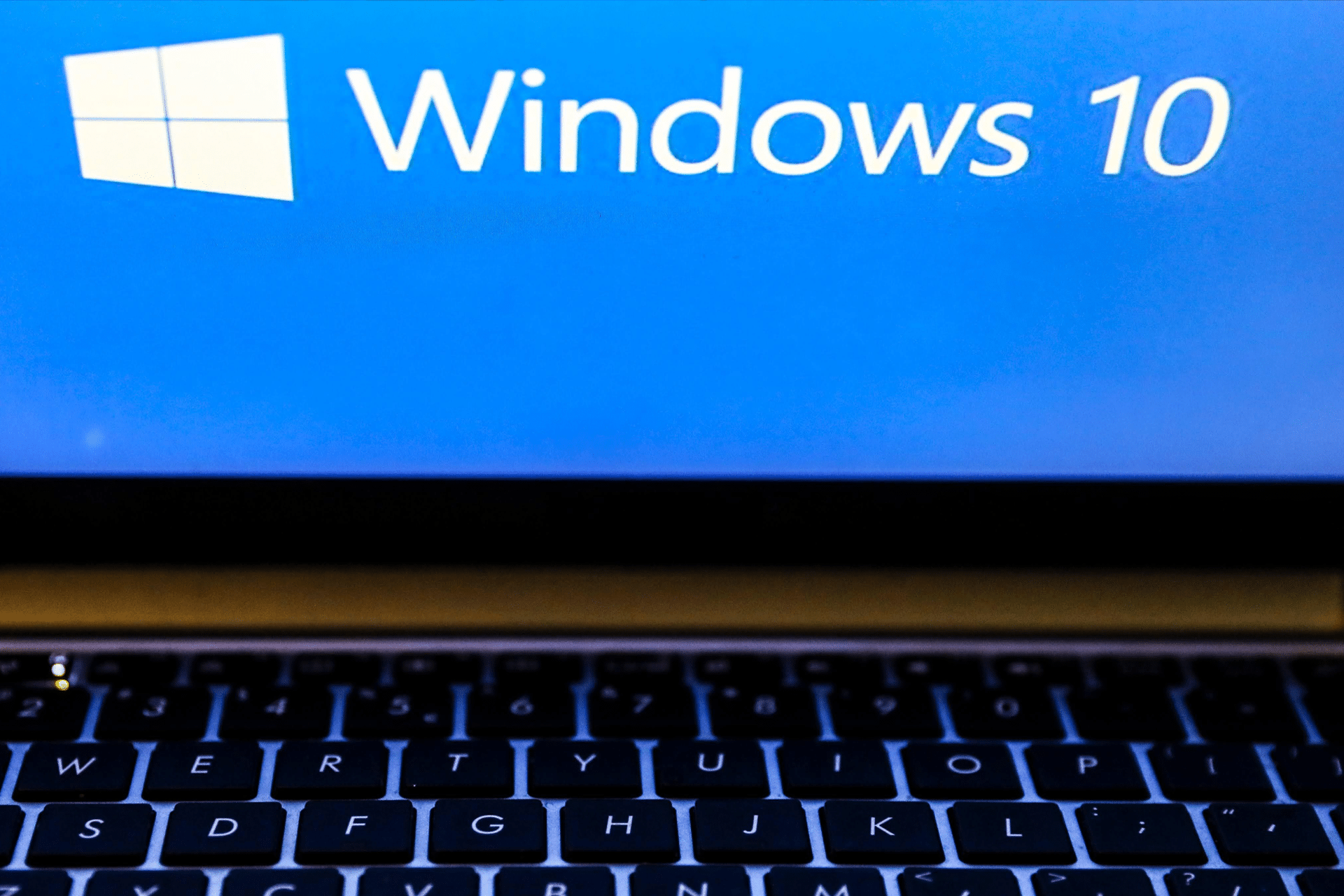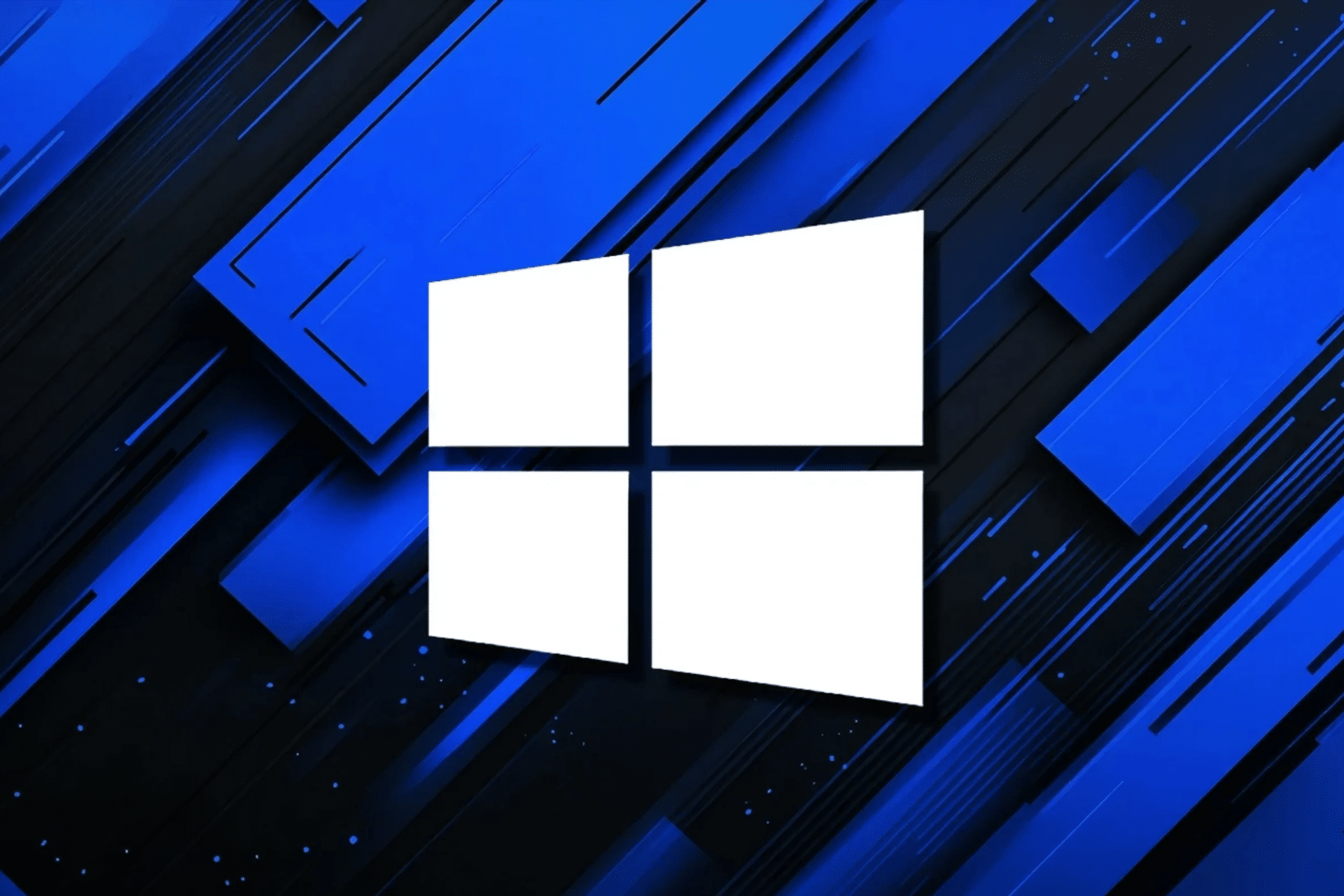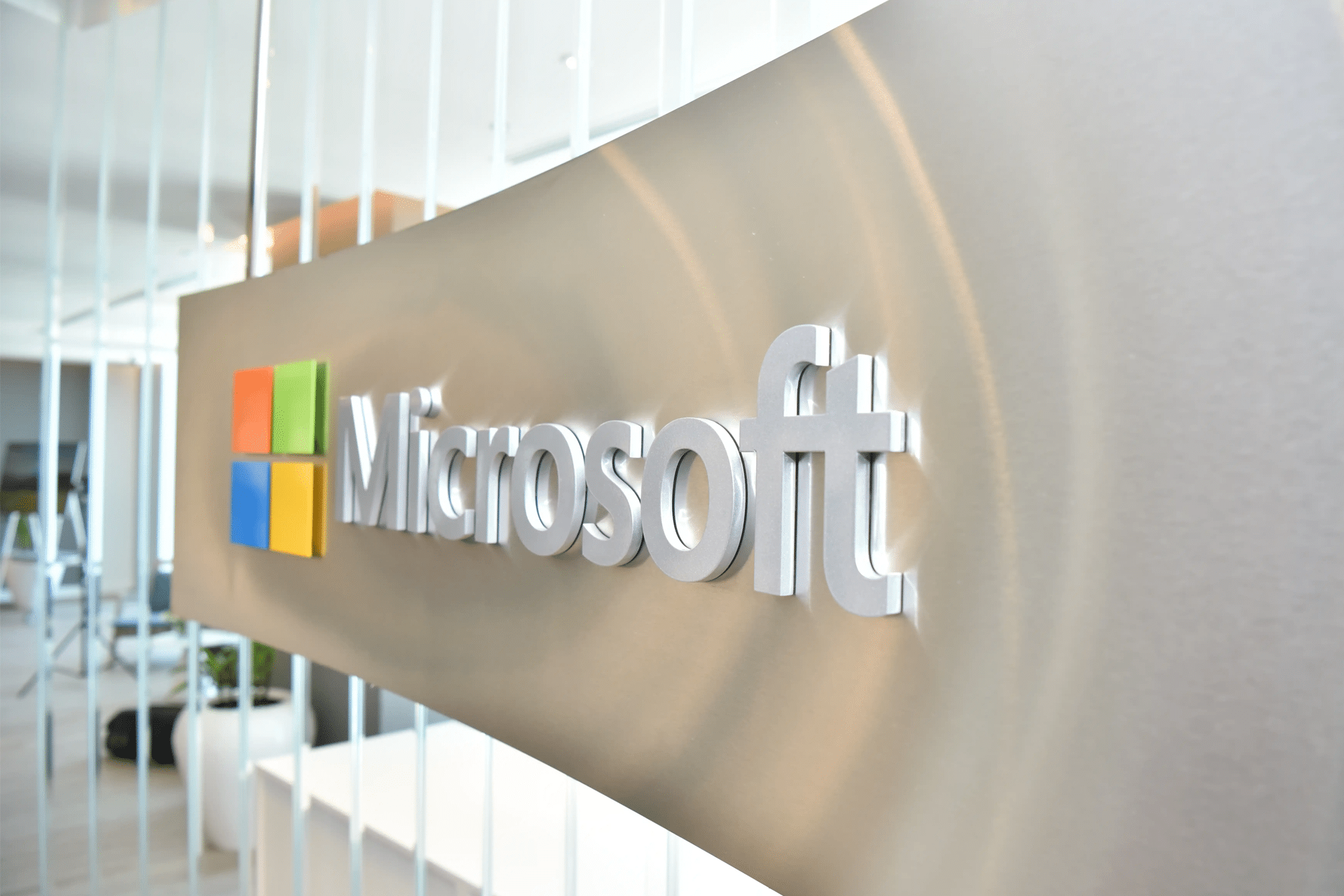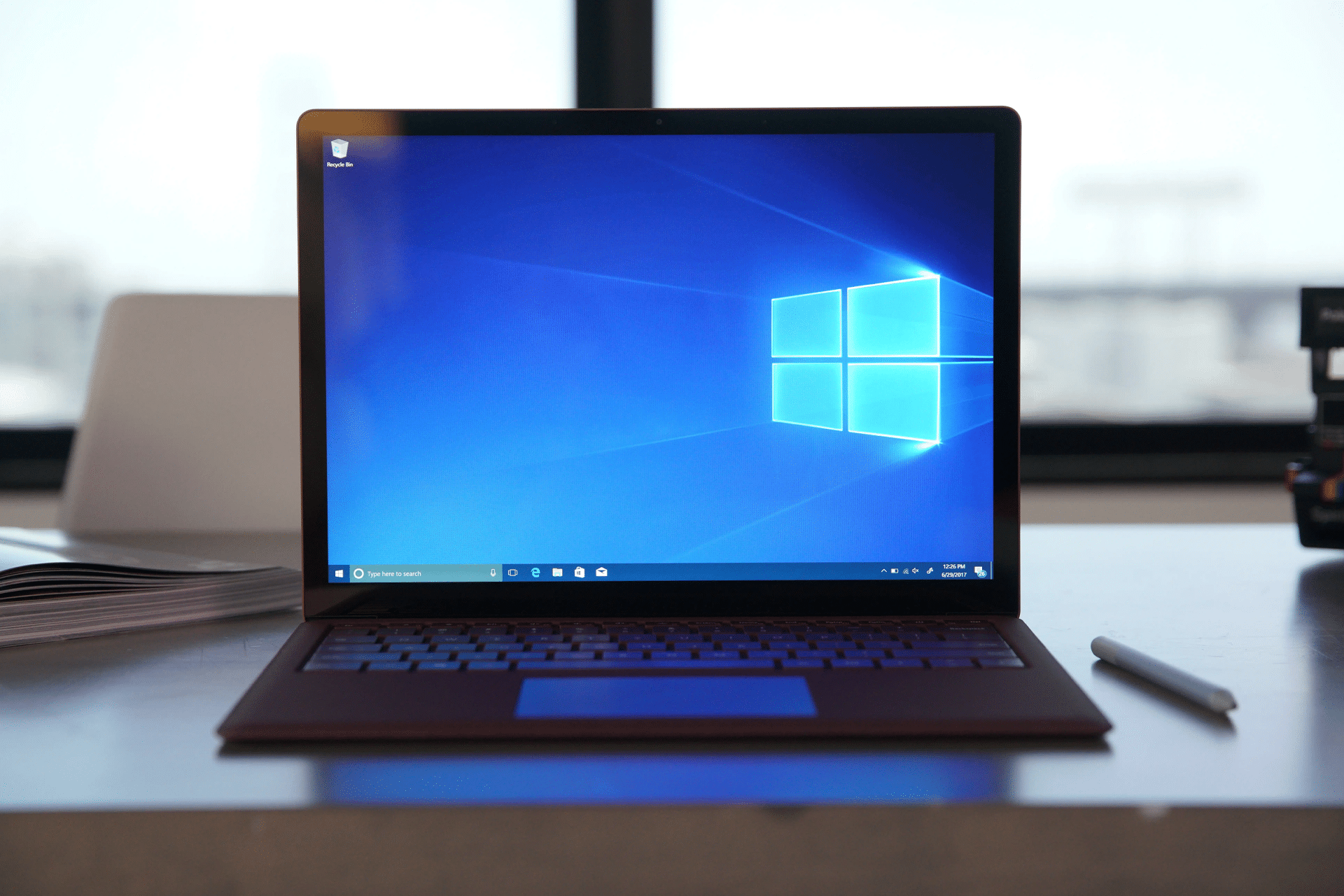With Windows 10’s official end-of-life set for October 14, 2025, small and medium businesses (SMBs) are facing a critical decision about their IT infrastructure. Microsoft’s aging OS will stop receiving security updates and mainstream support, leaving millions of machines exposed to vulnerabilities.
In a timely push, Apple has outlined five key reasons why businesses should consider making the switch to Mac, according to a recent TechRadar Pro report. The company’s case centers on security, performance, cost, manageability, and employee satisfaction — areas where Apple argues Macs now outperform traditional PC setups for most organizations.
Security First in the Post-Windows 10 Era
Apple’s first argument is built around security — a core concern for any business transitioning from an unsupported platform. With Windows 10’s patch cycle ending, Apple highlights macOS’s closed ecosystem and built-in hardware protections as a safer foundation for business computing.
Modern Macs ship with Apple Silicon chips, integrating Secure Enclave, hardware-verified boot, and real-time encryption, providing a degree of protection that doesn’t depend on constant patching. In addition, Apple’s system-level controls prevent many of the ransomware and phishing exploits still targeting legacy Windows environments.
The company also points to rapid security patch deployment in macOS Sequoia, contrasting it with the fragmented rollout cycles common in Windows installations managed by third-party IT vendors.

Simplified IT and Deployment
For small businesses without dedicated IT departments, Apple emphasizes that Macs are easier to deploy and manage at scale. Using Apple Business Manager and Device Enrollment Program (DEP), organizations can configure and ship pre-enrolled Macs directly to employees — devices that are work-ready out of the box.
The Mac’s integration with mobile device management (MDM) platforms, including Jamf and Kandji, allows remote configuration, automatic updates, and security compliance from a single dashboard.
Apple also stresses the reduced need for driver management, antivirus software, or complex system imaging — all of which have traditionally added friction and cost for Windows-based IT operations.
Total Cost of Ownership
One of Apple’s most consistent points for enterprise adoption has been long-term value. Although Macs typically carry higher upfront costs, Apple claims they deliver lower total cost of ownership (TCO) over time.
According to internal data and case studies cited by Apple, businesses using Macs report fewer support tickets, lower maintenance costs, and longer hardware lifespans compared to equivalent Windows devices.
A 2024 IBM study — referenced in Apple’s enterprise materials — found that Mac users required 50% less IT supportand that each deployed Mac saved companies up to $843 over three years compared to a Windows PC.
This cost efficiency, combined with consistent performance over the device’s lifecycle, forms a major part of Apple’s appeal to SMBs planning Windows 10 migrations.

Employee Satisfaction and Retention
Apple’s pitch to SMBs also includes the employee experience. As hybrid work becomes the norm, Apple argues that giving employees their preferred tools can directly influence productivity and job satisfaction.
Surveys from Jamf and IDC suggest that professionals offered a choice between platforms overwhelmingly prefer Macs — especially in creative, marketing, and tech roles. macOS’s continuity with iPhone and iPad also makes it easier for users to stay within Apple’s ecosystem, using AirDrop, Universal Clipboard, and iCloud Drive for seamless workflows.
The result, Apple claims, is a measurable improvement in employee engagement and retention — a growing consideration for smaller firms competing for talent.
Preparing for 2025 and Beyond
Apple’s final argument centers on readiness. With Windows 10 reaching its end of life in less than a year, businesses delaying migration risk facing compatibility gaps, unsupported software, and heightened cybersecurity exposure.
Apple’s business strategy is to make that transition as frictionless as possible, offering dedicated migration tools, business financing programs, and IT onboarding support through Apple Authorized Enterprise Resellers.
The company’s broader vision aligns with its recent push into corporate services, from Apple Business Essentials to new features in macOS Sequoia that allow multi-user management, shared device profiles, and improved network diagnostics — all tools aimed squarely at small organizations with limited IT staff.
A Changing Landscape
While Apple’s pitch is self-serving, it reflects a genuine shift in enterprise adoption trends. As businesses face rising costs and security concerns around maintaining Windows systems, Macs are no longer seen as niche or premium luxuries. They are increasingly practical choices for teams prioritizing reliability, security, and lower long-term overhead.
With the countdown to Windows 10’s retirement already underway, Apple’s message is clear: the best time to plan the switch was yesterday — the next best time is now.









